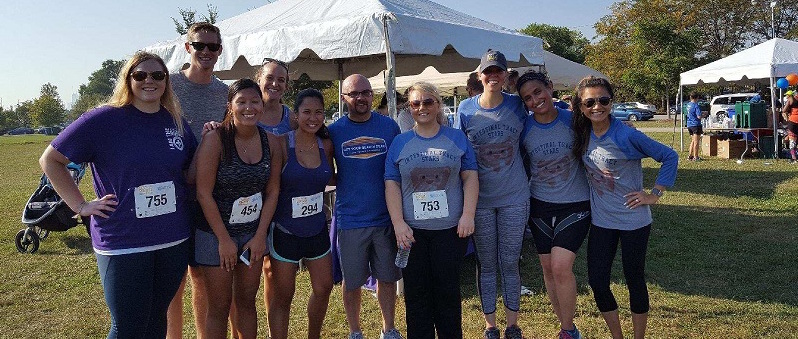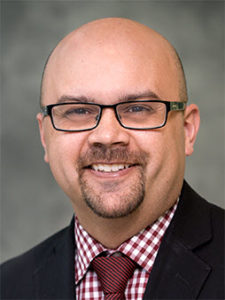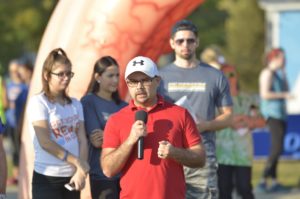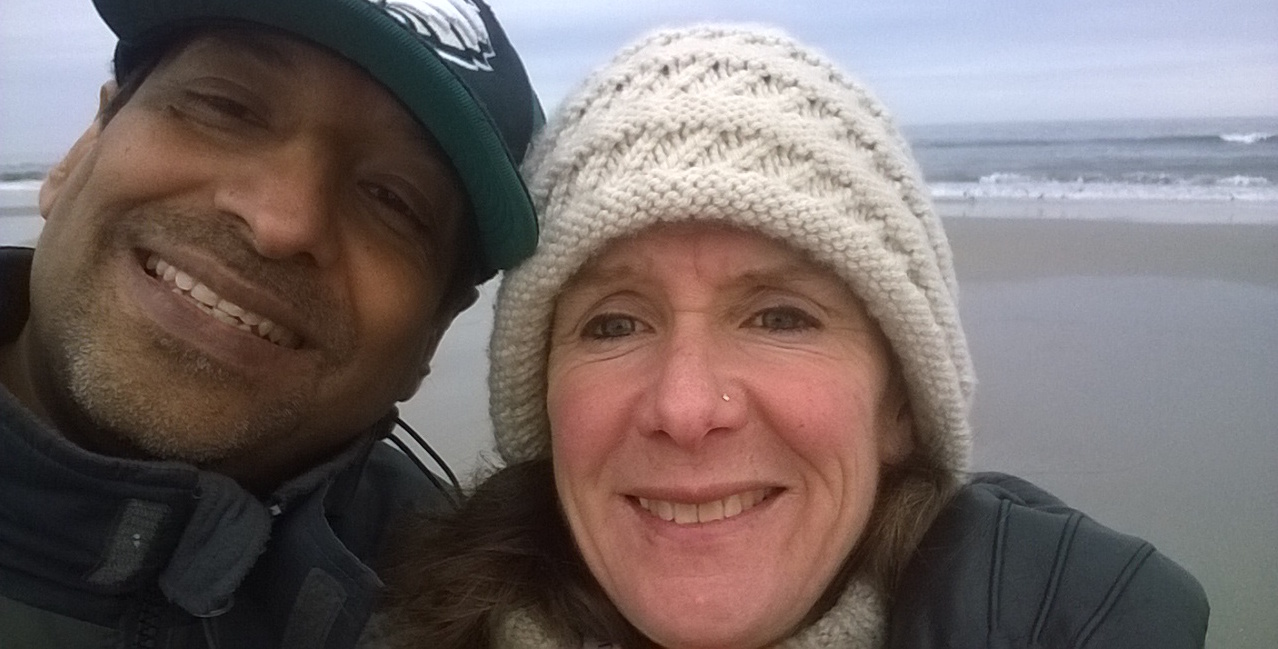
 Dr. Joaquin Estrada is helping Chicago become the forefront of colorectal cancer. Estrada is a colorectal surgeon, the Surgical Director for Digestive Health at the Advocate Illinois Masonic Medical Center in Chicago, and a grant recipient with the Colon Cancer Coalition. With the grant that he received, Estrada has implemented multiple programs and services, which have made healthcare accessible to impoverished communities. One of the programs that have seen success is the FluFIT program that was created during the flu season for walk-in clinics such as those available at Walgreens around the Chicago area.
Dr. Joaquin Estrada is helping Chicago become the forefront of colorectal cancer. Estrada is a colorectal surgeon, the Surgical Director for Digestive Health at the Advocate Illinois Masonic Medical Center in Chicago, and a grant recipient with the Colon Cancer Coalition. With the grant that he received, Estrada has implemented multiple programs and services, which have made healthcare accessible to impoverished communities. One of the programs that have seen success is the FluFIT program that was created during the flu season for walk-in clinics such as those available at Walgreens around the Chicago area.
Estrada said that the partnership with walk-in clinics has been vital in having primary care providers encouraging patients to get screened. Providing a FIT test along with a flu shot has been the most convenient way to get patients aware of colorectal cancer. The FIT test is an easy and non-invasive alternative to a colonoscopy. It’s a kit that can be taken home and tests for blood in a patient’s stool.
“Ultimately we want to get patients screened for colorectal cancer, whether it be through colonoscopy or any other method for that matter,” said Estrada. “And unfortunately there are not enough endoscopists around to give everybody a colonoscopy. And not everybody’s a candidate for colonoscopy either.” For those patients who suffer with multiple chronic diseases, Estrada said that the medical community tries to recognize that and “embrace some of the non-invasive measures to help get a greater number of our patient population screened.”
Although the FluFIT program was highly popular during the flu season, Estrada has been pushing to make it a year-round service. The main push for implementing the program was the patients that struggled to find a way to get screened. “What was near and dear to my heart, was those patients that not only couldn’t get a colonoscopy for whatever reason, but really had inability to, whether it be financial or social means, to actually get a colonoscopy.”
Once the grant was received, they were able to launch the program through the Federally Qualified Health Centers (FQHC) around the area. He said that because FQHCs provide care for the underserved communities, they were able to target “those patients because they may not have the ability to get a colonoscopy, take time off, find somebody to take them home and drive them back home.”
Targeting that patient population was critical to Estrada. “I trained at Cook County and then prior to that I was at LA County. So the core piece of my practice, I’ve always dedicated to the underserved and the underinsured or the indigent population, so this was the key piece of the puzzle.”
Estrada chose to be a colorectal surgeon due to the combination of the commitment that goes into each patient’s care as well as the emerging technology in the field. “I think that colorectal is one of the few specialties within surgery where you can still treat patients from beginning to end. You can treat everywhere between. Some of the other surgical specialties, they don’t do endoscopy, so I really didn’t want to lose that aspect of my training. It was also a field where there’s a lot of evolving and new therapies that were being developed.”
Regarding the new technologies and the care of patients, he said “we can get them in and out of the hospital in just a couple of days. And then by doing so, they’re back to their normal routine. They’re enjoying their friends and family and back to work, and everything else, which is really gratifying to a patient. They’re not as significantly impacted, they don’t lose themselves in the diagnosis, they can still maintain their identity.”
Future programs that are being implemented are mobile medical units that will be offering FIT tests in communities that are not near a hospital, and offering transparent rates for patients.
“So many people turn away from colon cancer screening, or colonoscopy, because they can’t afford it,” Estrada said. “And they may be able to afford it, but unlike any other thing that you purchase in your life, you don’t know until it’s done. So you can walk into the doctor’s office and say, ‘I have a problem.’ But you have no idea how much it’s going to cost until you get the bill a month later. That’s crazy.”
Estrada said that healthcare pricing should be as clear and visible as everyday items. “You can walk in to go buy a car and you can see what the sticker price is. You can buy your lunch, you’ll know what it is, but why can’t your healthcare be the same way? And so what we’re going to do locally for digestive health, and specifically related to colorectal cancer screening, is be able to advertise what our rates are going to be so patients know upfront what that out-of-pocket expense might be.”
With all the work that Estrada is doing, he still feels that there is more that needs to be done. “It’s really sad that in this modern day in America that people are still being diagnosed with colon cancer. Ninety five percent of them can be, they’re not genetic. Genetic ones are if you don’t have enough family history, then you may not catch those ones in time. For everybody else, there’s 95 percent that we can impact and yet we’re not. It doesn’t have to be something that people struggle with anymore, we don’t have to have another widow, we don’t have to have another child mourning, a husband mourning, a wife mourning, mourning the loss of your father or your mother; we don’t have to have that anymore because we have enough tools in place, but we have to get these tools out there, we have to get people screened.”
Estrada said that although there is physical work being done to get people up and getting screened, there is still a need for getting the word out there. “More than anything, what we need to do is we need to create the conversation. And we need to get people comfortable talking about it and realize that there’s a lot of options out there. But we have to start the conversation.”
LEARN MORE ABOUT COLON CANCER RETURN TO FACES OF BLUE GET YOUR REAR IN GEAR - CHICAGO FLUFIT PROGRAM


[…] post Faces of Blue: Dr. Joaquin Estrada appeared first on Colon Cancer […]